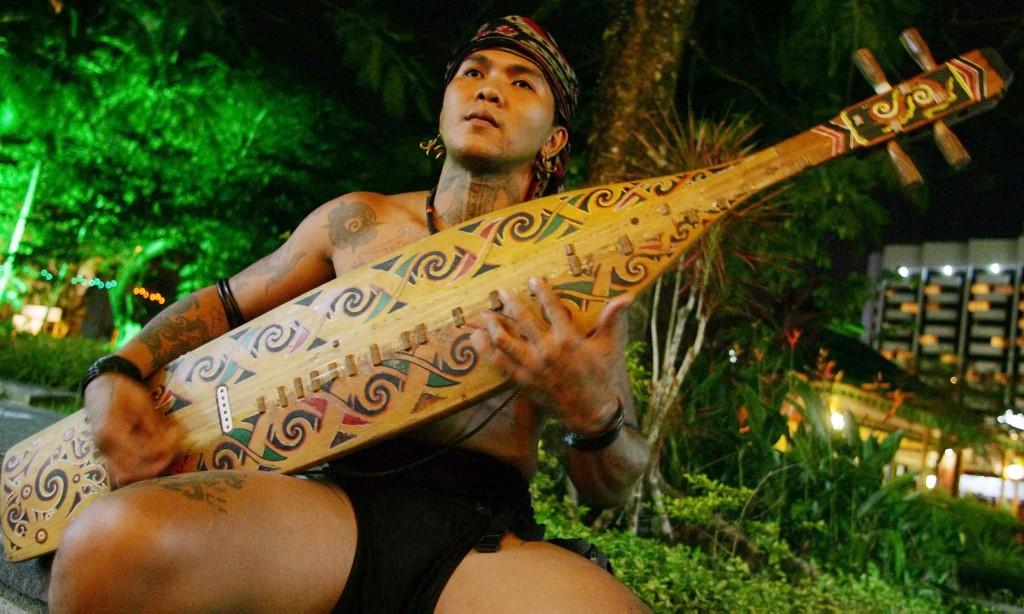Songwriters in Sabah, Sarawak demand compensation for royalty payments
They say they have been shortchanged for the past three decades, sometimes getting as little as RM13 per year for their creative property.
Just In
Songwriters and composers in Sarawak and Sabah have voiced frustration and disappointment over what they call the unfair distribution of their royalty payments.
Speaking at a webinar on measures to protect their intellectual property rights, they also hit out at the Collective Management Organisation (CMO), the licensed collector and distributor of royalty payments, urging the federal government to decentralise authority for this to Music Rights Sabah (MRS) and Music Right (Sarawak) Bhd (MRSB).
Wilfred Medius Tengau of Wisdom Foundation said for the past three decades, the CMO had deprived artistes and musicians in Sabah and Sarawak of their rights.
He also said it had failed to function effectively as a collective body, an issue he insisted could only be addressed by local songwriters and musicians.
He likewise questioned the transparency of its operations, saying artistes from East Malaysia had received as little as RM13 per year for their creative property.
“Based on data from 2017 provided by SCORE, the music licensing tariffs for Malaysia in public premises is more than sufficient to pay royalties to Sabahan as well as Sarawakian musical artists.
“We demand that the royalty payments be appropriately compensated for their creative creations as this is a legitimate concern. It is utterly unreasonable that our songs from Sabah and Sarawak only get royalty payments of RM13 annually,” he said.
Asmin Mudin, who composed “Sayang Kinabalu”, the theme song for Sabah’s tourism promotions, said this was a long outstanding issue.
He agreed that some of the problems were due to improper documentation and contracts by the artistes themselves but said they nonetheless have the right to claim their royalty payments.
Given the combined total of 9,000 ethnic songs from the two states, he said it was important for the authorities to uphold a structured and accountable royalty collection mechanism.
“In 2017, Fabian William, the Sabahan who wrote a native song called ‘Id Pagandadan’, only received royalty worth RM14.57 although it was openly used and played in public,” he said.
Domestic Trade and Consumer Affairs Minister Alexander Nanta Linggi, who had been briefed on the issue, said the situation was tantamount to an abuse of power.
He said he would raise the matter of decentralising the CMO at the Cabinet meeting, adding that the government was taking a holistic approach to improving transparency in the collection of royalty by prioritising accountability and good governance as the core of its policies.
“We are committed to monitoring the body so that equitable remuneration will be managed by a sustainable revenue stream,” he said.
He said he had instructed the Malaysian Intellectual Property Organisation (MyIPO) to gather information in a working paper to be presented by the end of the year.
“Through our professional approach, we hope MyIPO as a body that protects intellectual property will benefit the country and individuals.”
He said he would also like engage further with music groups in Sabah and Sarawak.
MyIPO chairman Mohamad Alamin said the handing over of the licence collection to its branch office in both states had been approved by the minister.
“My latest instruction to the copyright department is that we have to agree to issue a declaration or licence to CMO Sabah and Sarawak.
“I have already briefed this to the minister and instructed the copyright department to process and discuss the matter with CMO in Sabah and Sarawak on measures for the implementation of the task,” he said.
Subscribe to our newsletter
To be updated with all the latest news and analyses daily.
